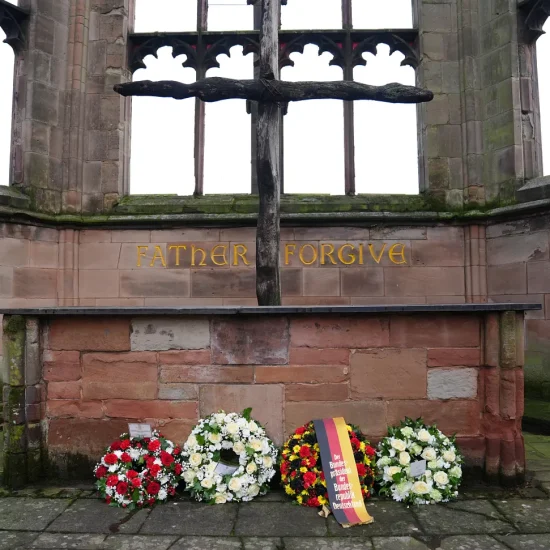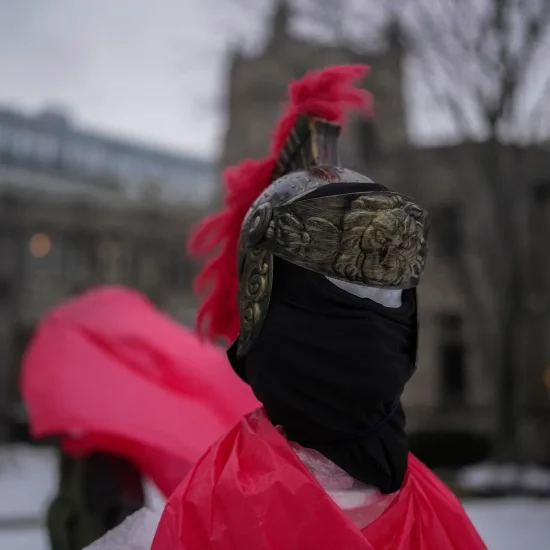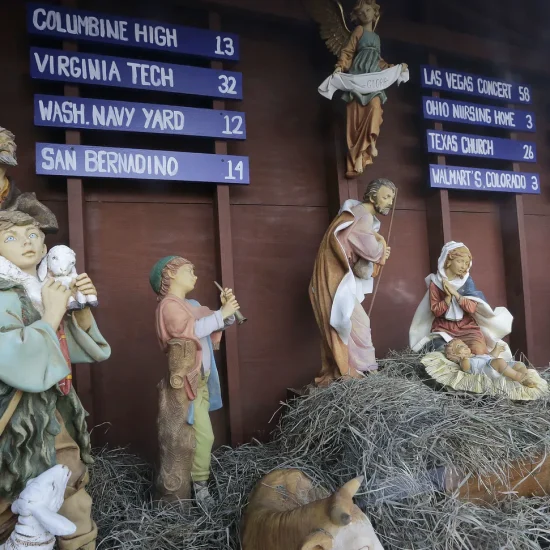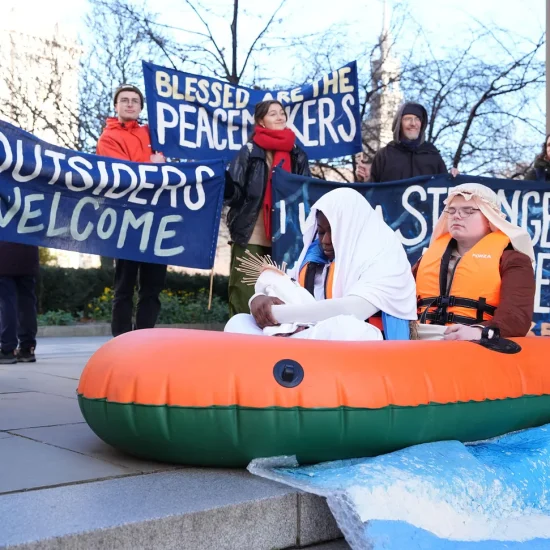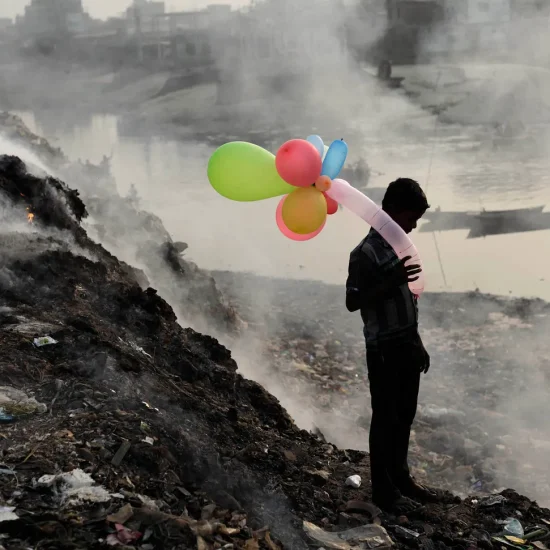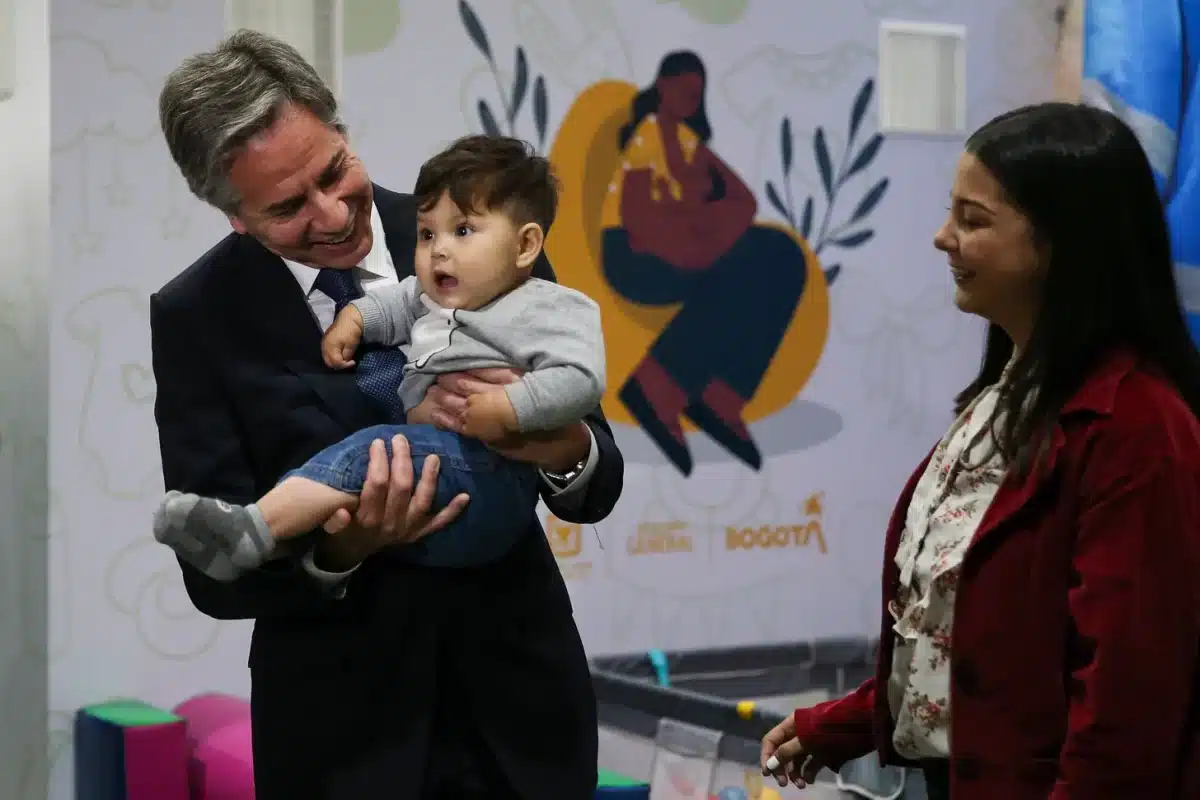
“But seek the welfare of the city where I have sent you into exile, and pray to the Lord on its behalf, for in its welfare you will find your welfare.” (Jeremiah 29:7)
When we think of refugees during the Advent season, we naturally think of the young Jesus leaving with his family for Egypt under threat of violence. However, do we ever consider who Jesus and his family might have blessed while in Egypt?
Jesus’s parents likely would have been familiar with the teaching above from Jeremiah 29:7. The Bible has many commands to care for the stranger or alien in our midst, but we often forget the charge to the alien to seek the welfare of the place they are sent and to be a blessing there. We continue to “other” the strangers in our midst by thinking that we must always be the givers and never the receivers.
As American Christians, we have spent millions of dollars sending missionaries to convert the world through the decades. However, when the world showed up at our door, we were quick to shut it. I believe the fundamental issue is that we do not believe that a refugee might bless us. We think, “What could someone with so little give me? Surely, they will be nothing but a drain on our resources.” As one raises their hands to bless another, our culture equates it with some sort of superiority — a one-sided power dynamic.
Thus, we often do not like to be the people who receive the blessing. It feels like a sign of a fundamental weakness in our character. I mean, people who are blessed by someone else can hardly claim they pulled themselves up by their bootstraps! It feels very un-American. If we remember, though, Jesus himself was blessed by common Hebrew men and women, like Simeon and Anna, within the first few weeks of his life.
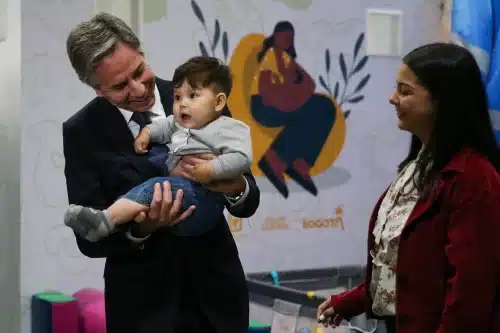
A young Venezuelan migrant at the Migration Integration Center in Bogota, Colombia, is held by a visiting U.S. government official on Oct. 4, 2022. (Luisa Gonzalez/Pool Photo via AP)
Some of the greatest blessings I have received are the love and care of refugees. Once I got over my own need to be the one always giving, I learned that receiving the blessings of others, in whatever form they come in, is what knits families and communities together.
So if you are usually the one at Christmas who does the blessing, how might you humbly accept blessings from someone else this year? How might this give honor and dignity to others and strengthen your community? If you are the stranger in the land, how might you be an unexpected blessing?
Sarah Blackwell is a contributing writer for Word&Way and a 2020 Graduate of the Gardner-Webb School of Divinity. She currently teaches in the religion department at Wingate University in Wingate, North Carolina. Follow her writings at proximitytolove.org.

NOTE: This is part of our Unsettling Advent devotionals running Nov. 27-Dec. 24. You can subscribe for free to receive them each morning in your inbox.

